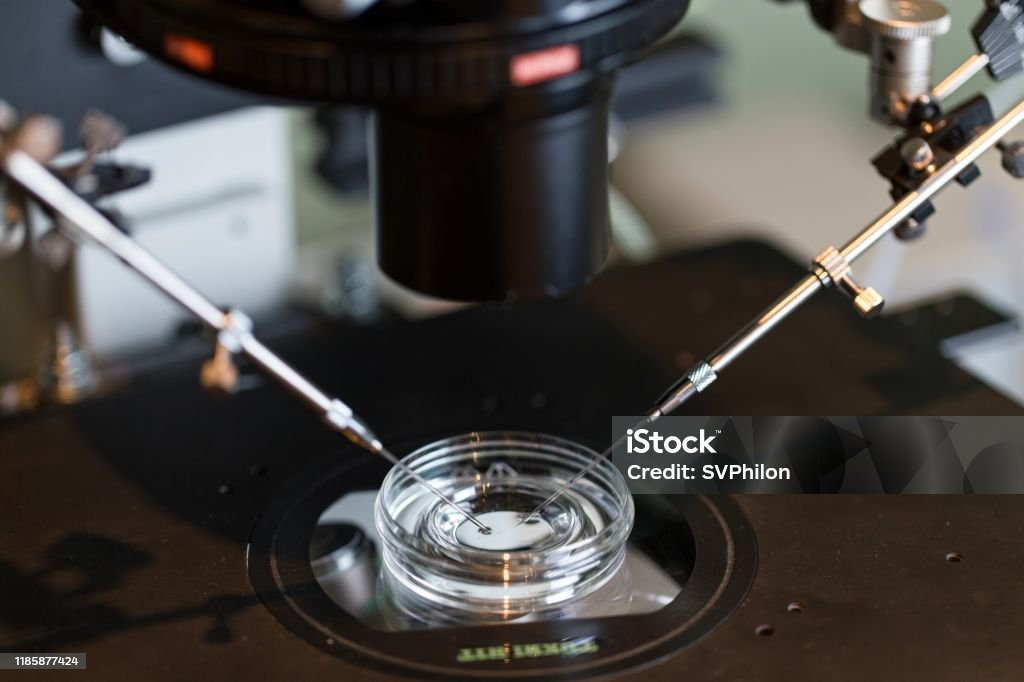Analyzing the Revolutionary Advancements in IVF: Transforming Lives and Instilling Hope
Reproductive medicine has made significant strides in the last few decades, and one of the most amazing and revolutionary procedures is in vitro fertilization (IVF). IVF has completely changed the way that fertility treatments are provided, giving hope to single people and couples who are struggling with infertility and helping many others fulfill their desire to become parents.
Recognizing IVF
Known as IVF, or in vitro fertilization, this process entails fertilizing an egg with sperm outside of the human body, usually in a lab. The procedure consists of ovarian stimulation, harvesting of the eggs, fertilization, culture of the embryos, and lastly, reintroduction of the embryos into the uterus.
Overcoming Infertility Obstacles
Millions of people worldwide struggle with infertility, which presents emotional, psychological, and physical difficulties. For those who are having trouble getting pregnant because of endometriosis, blocked fallopian tubes, male infertility problems, or infertility that is not explained, in vitro fertilization (IVF) offers a glimmer of hope. Because of its adaptability to different situations, it can be used to address a variety of fertility issues.
Technological Progress
The development of reproductive technologies has greatly increased the success rates of in vitro fertilization. Technological advances like pre-implantation genetic testing (PGT), which checks embryos for genetic defects, have decreased the risk of some inherited disorders being passed on while also raising the likelihood of a healthy pregnancy.
Furthermore, improvements in cryopreservation methods have made it possible to freeze and store embryos, sperm, and eggs, allowing people to retain their fertility for later use. This discovery has been especially helpful to people who are receiving medical treatments that could affect their fertility or who want to put off having children.
Enhancing Inclusivity and Accessibility
IVF is now more widely available to a wider range of people and couples globally. Treatment is now more accessible for people who may have previously considered it to be financially prohibitive because to the many funding choices offered by reproductive clinics. Furthermore, through procedures like donor insemination and gestational surrogacy, advances in reproductive health have made it possible for same-sex couples and LGBTQ+ people to realize their dreams of motherhood.
Ethical Issues and Difficulties
IVF presents ethical and societal challenges in spite of its amazing successe. Topics like as the moral application of embryos, worries over multiple pregnancies, the psychological impact of unsuccessful cycles, and inequalities in access to healthcare because of financial limitations or regional variations are frequently brought up in conversations.
Emotions
For many people and couples, the IVF process is more than just a medical one; it's also an emotional rollercoaster. The emotional richness of the IVF experience is highlighted by the hope, worry, and resiliency shown by people undertaking treatment, managing uncertainty, and confronting setbacks.
Looking Ahead
IVF has a bright future as long as science and technology keep moving forward. Research into ways to increase success rates, reduce hazards, and improve the entire experience of those undergoing reproductive treatment is still ongoing.
To sum up, in vitro fertilization redefines conception and motherhood, changing possibilities and serving as a beacon of hope for individuals and couples worldwide. Its transforming influence reaches well beyond the medical sphere, touching the lives of many people and families, inspiring hope, and showing the way to realizing the long-held goal of becoming parents.


Comments
Post a Comment